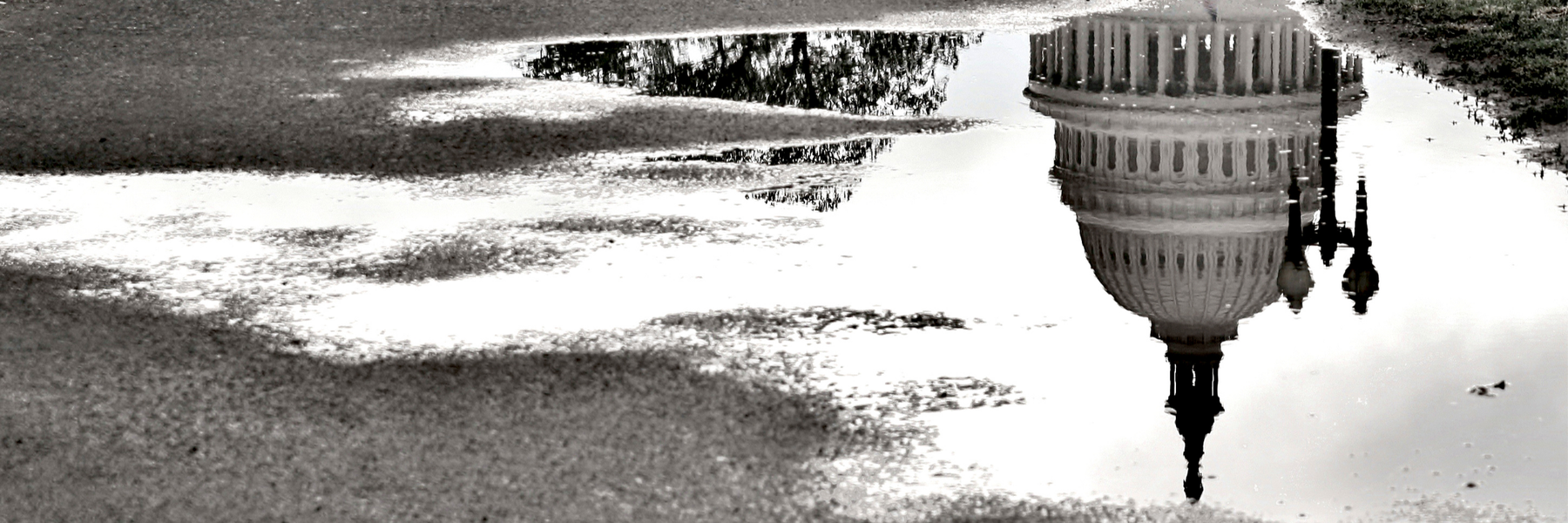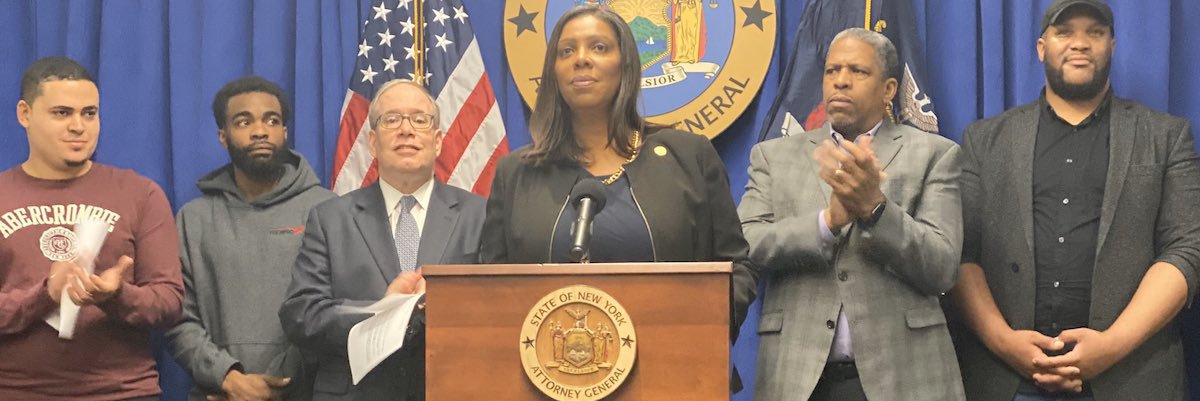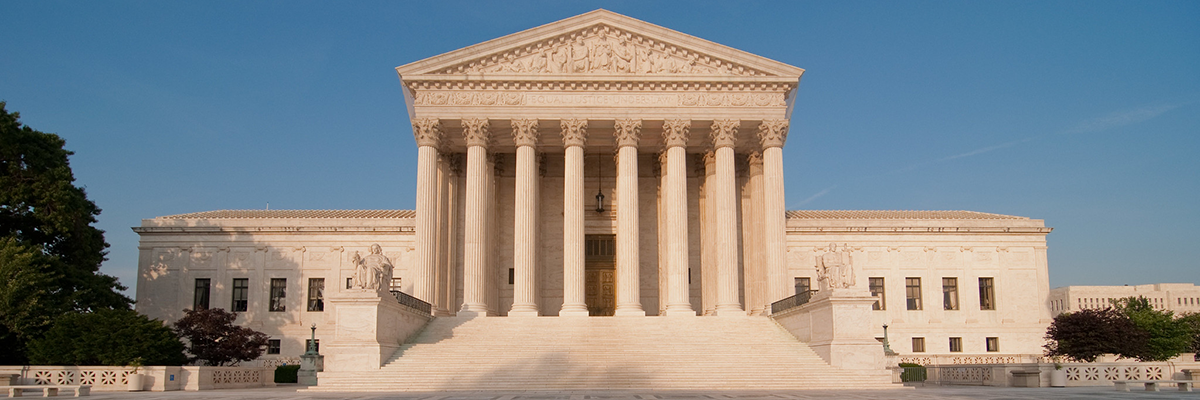Each state and jurisdiction has the discretion to implement FOIA and public record laws differently. Depending on the type of document you’re searching for, accessing that same record in one state may not be so public in another. In Washington state, the Public Records Act is not clear on whether the legislative branch is exempt or not. However, a new Legislative Task Force on Public Records met for the first time early this month to tackle the PRA as it pertains to their legislature and find solutions to issues of transparency.

“Most legislators seem to be under the impression that responding to public records requests is a huge source of political harassment. They have no idea what’s actually involved in handling requests and are not familiar with the fact that 95% or more of requests are easy to respond to,” said Toby Nixon, one of 15-members on the taskforce and President of the Washington Coalition for Open Government.
The group, which includes state lawmakers, members of the press, and public records advocates, was created after Governor Jay Inslee vetoed SB 6617 and Washington media organizations sued the legislature for failing to turn over records like legislative emails and records of complaint, among other documents.
SB 6617, authored by Representative Matt Shea (R-Spokane Valley), would have exempted the Washington Legislature from any public records law in the state. Shea currently sits on the task force and during this month’s meeting said, he wants more transparency, but not at the expense of revealing sensitive information about constituents and whistleblowers.
“I’d like to see out of this increased transparency for all constituents we represent in Washington state. I would also like to see at the same time a balance struck where we do protect victims, we do protect whistle blowers, and we do protect in the broader sense, those people who have experienced traumatic events and have confided in the legislature as their only source,” said Shea during the September 5th task force meeting.
Nixon and the WCOG agree that there should be a legitimate concern for constituent privacy, but not at the expense of exclusion.
“We believe that the legitimate concerns of legislators about constituent privacy, whistleblower protection, deliberative process, large or politically-motivated requests, etc., are also relevant to other elected officials and agencies at the state and local level and should be addressed comprehensively for all agencies rather than by carving the legislature out of the law and treating them as “special,” added Nixon.
According to their work plan, they must meet every month until the end of the year and adopt a report on its activities and “any findings on which there was consensus by the entirety of the Task Force.”
In a legislative memo to the task force, Representative Gerry Pollet (D-Seattle) says that current law does not bar legislatures from disclosing their calendars or reports on legislative misconduct.
“The purpose of this limited protection was to ensure that legislators would not be intimidated from voicing their opinion in debate on legislation due to risk of legal action taken against them personally due to their expressing their views, not to prevent disclosure,” wrote Pollet.
Nixon says he hopes they can reach a solution to transparency issues within the legislature, but feels there is a long way to go to even reach a consensus within the task force.
“Until [legislatures] get a clue about what the law actually says and how it is implemented, it will be tough to make any progress,” said Nixon.
The task force’s work plan is embedded below.
Image via Wikimedia Commons and is liscened under CC BY-SA 4.0




